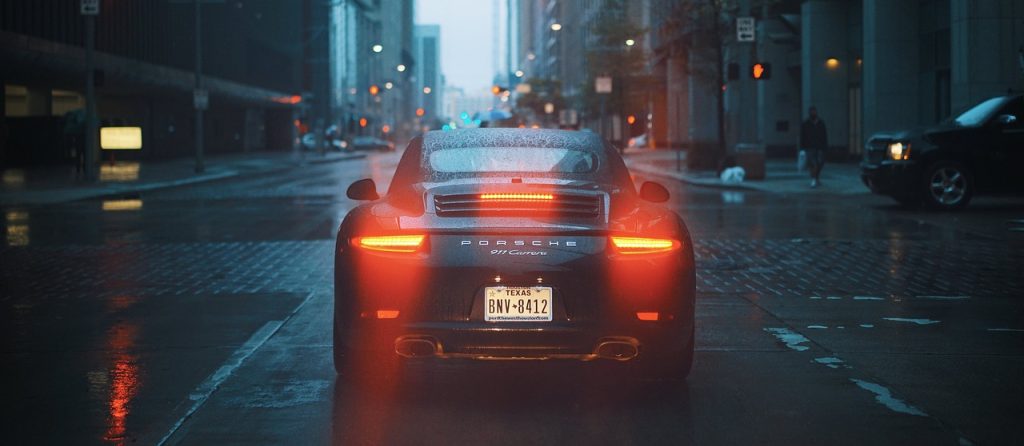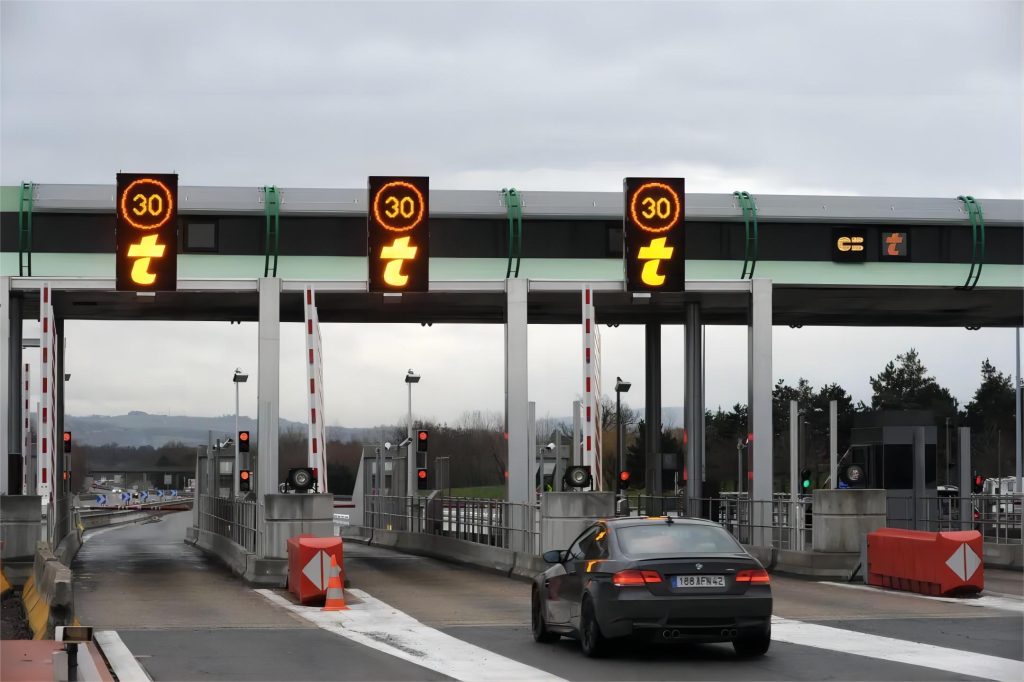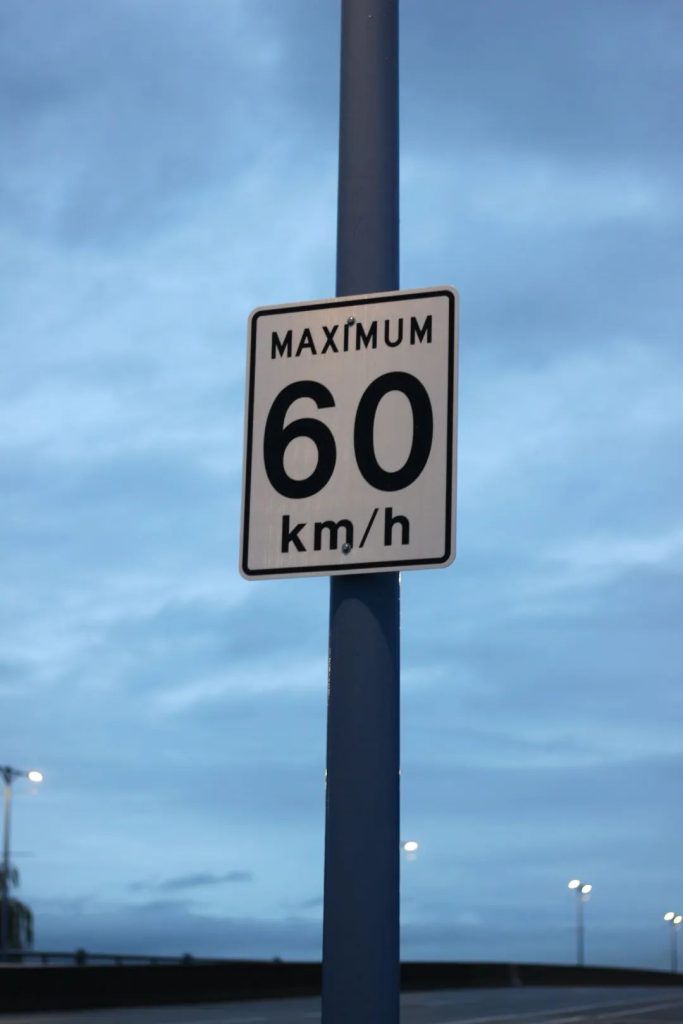Yellow Vests
In France, yellow vests are not exclusively for protesters. According to French traffic laws, every motor vehicle must be equipped with a yellow vest and a red warning triangle. If you’re traveling from the UK, your UK driver’s license is sufficient; you don’t need an international driver’s license. However, foreign drivers need to check if their car insurance covers driving in France.

Toll Booths
If you’re driving on the highway, you may need to pay tolls, as most sections of French highways include tolls. The specific amount depends on which road you’re on and the distance you’re traveling.

If you see a warning sign indicating a péage (toll booth) is coming up, be prepared to pay! Both cash and debit cards are accepted, and some toll booths also support contactless card payments. As you approach the toll booth, you’ll see signs indicating lanes for coins or bank cards; follow the prompts to make payment.

Toll booths in France are set up on the right side of the driving lane. If you’re coming from the UK, it’s advisable to install a prepaid radar device (télépéage) beforehand to breeze through toll booths via scanning.

Speed Limits and Drink Driving Regulations
Driving on spacious highways is a delightful experience. However, while enjoying the scenery, it’s important to pay attention to the speed limits (in kilometers per hour) on the current stretch of road. Besides random checks by traffic police, be aware of gray speed cameras located along the roadside.

Additionally, in some rural areas of France, driving after drinking may be tacitly accepted. However, this doesn’t mean drink driving is permissible in France. In fact, France has very strict regulations regarding drink driving. If you’re pulled over by the police and subjected to a breathalyzer test, you’re highly likely to face the risk of license suspension. Therefore, claiming “everyone in the café had two drinks before driving” won’t protect you under the law.



